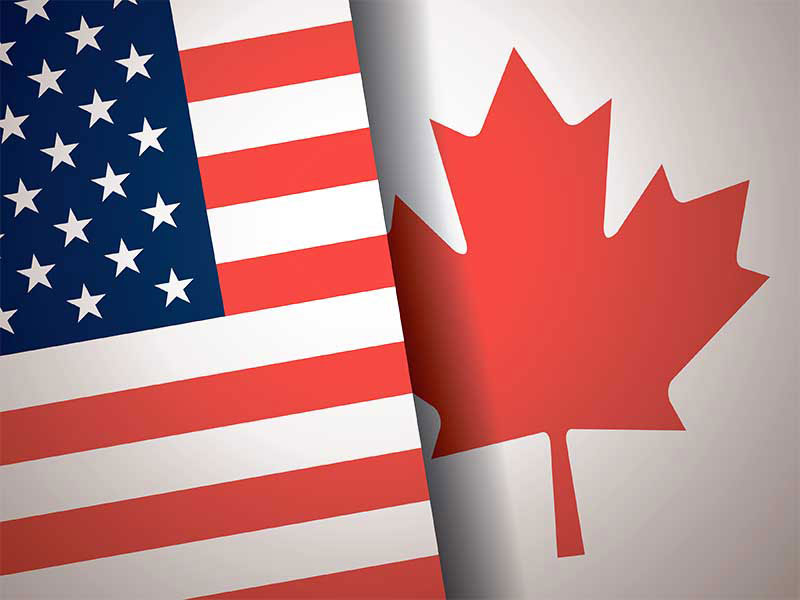
While forecasting the economic implications of election promises is typically fraught with uncertainty, the prospect of increased protectionism under a second Trump administration may mean the Canadian economy would fare better with a Harris win, suggests CIBC World Markets Inc.
In a new report, the bank’s economists contemplate the implications of the forthcoming U.S. election from the perspective of the Canadian economy.
“Trade policy is now front and centre in the U.S. federal election, particularly for observers in Canada,” it said.
Looking at the contenders, the report suggests the outlook for Canada appears “less concerning, with fewer downside risks” in a scenario where Kamala Harris wins the election.
According to the report, Harris’s track record suggests she would be “clearly less protectionist than Trump, while likely retaining the protectionist tilt on trade with China.”
Amid the recent U.S. shift away from trade with China in recent years, Canada hasn’t benefited much but has generally been able to hold its ground, the report noted.
Conversely, the latest Republican platform is “clearly protectionist,” the report said. Still, the report also suggested “there’s a chance that some of its measures are a negotiating stance rather than a final objective.”
Among other things, the platform currently calls for reworking existing trade deals and adopting a baseline tariff, along with much higher tariffs and import restrictions for Chinese goods.
“Should Trump gain the White House, the concern would be that the backdrop for Canadian exports would deteriorate significantly,” the report said.
The report also suggested the Republicans’ protectionist promises may be largely campaign posturing.
“What gives us some comfort is that the most hawkish versions of Trump’s trade agenda would entail enough self-inflicted wounds that we suspect … these are threats aimed at leverage with trading partners, rather than a realistic depiction of where policy would head, and a populist pitch designed to appeal to voters in America’s industrial heartland,” it said.
If Trump wins in November, an all-out trade war seems unlikely, the report said.
“Widespread tariffs would hurt U.S. consumers, risk retaliatory actions by America’s trade partners that would impede U.S. exports, and slow global growth,” it said.
While the importance of exports to the Canadian economy has declined in recent years, “we’re still a much more trade-oriented economy than the U.S.,” it said. “[T]he adage that we’re sleeping next to an elephant that can roll over and inflict a lot of pain still holds.”